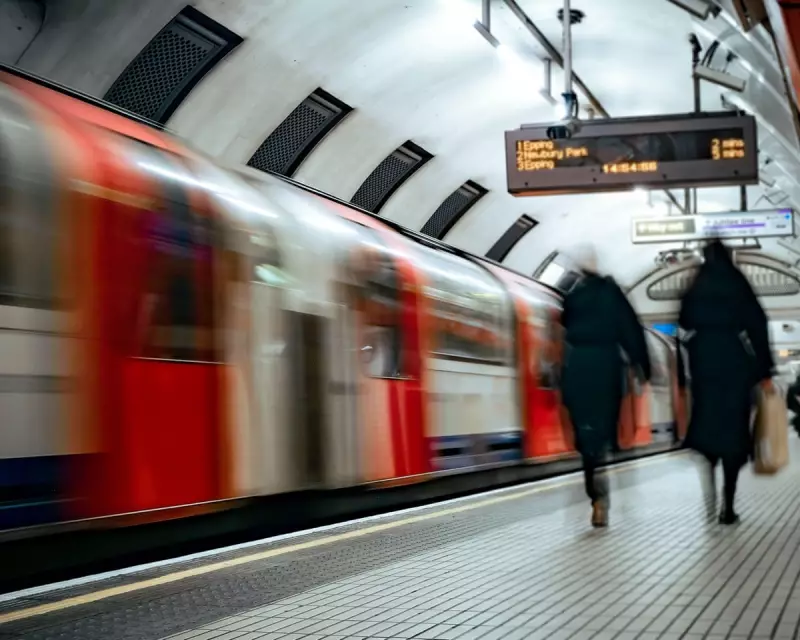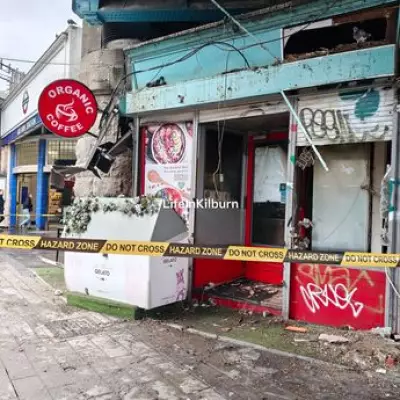
In a significant breakthrough for London's transport network, Underground staff have overwhelmingly endorsed a transformative three-year pay agreement that promises to deliver substantial wage increases and bring stability to the capital's tube services.
Union Members Back Historic Deal
The Rail, Maritime and Transport (RMT) union announced that its members have voted decisively to accept the proposed package, which covers the period from April 2025 through March 2028. This resolution comes after months of negotiations and marks a crucial step toward preventing further industrial action on the London Underground network.
Breaking Down the Financial Package
The comprehensive agreement delivers meaningful financial benefits for transport workers across multiple fronts:
- Immediate wage increases reflecting current economic pressures
- Progressive pay rises scheduled throughout the three-year term
- Enhanced conditions addressing longstanding workforce concerns
- Backdated payments ensuring staff receive compensation for previous delays
Ending Industrial Uncertainty
This settlement represents a major achievement for both union representatives and Transport for London management, who have worked extensively to reach common ground. The agreement effectively draws a line under the protracted dispute that had threatened to disrupt commuter services across the capital.
What This Means for London Commuters
The resolution provides much-needed certainty for the millions of passengers who rely on the Underground daily. With the pay dispute resolved, Londoners can anticipate more predictable service patterns and reduced risk of strike-related disruptions over the coming years.
A Model for Future Negotiations
This multi-year agreement establishes a potential template for resolving similar disputes across the transport sector. By securing longer-term stability rather than annual negotiations, both workers and management benefit from reduced uncertainty and clearer financial planning.
The successful ratification of this deal demonstrates that through constructive dialogue, even complex industrial relations challenges can find resolution, ensuring London's vital transport infrastructure continues to serve the city effectively.





